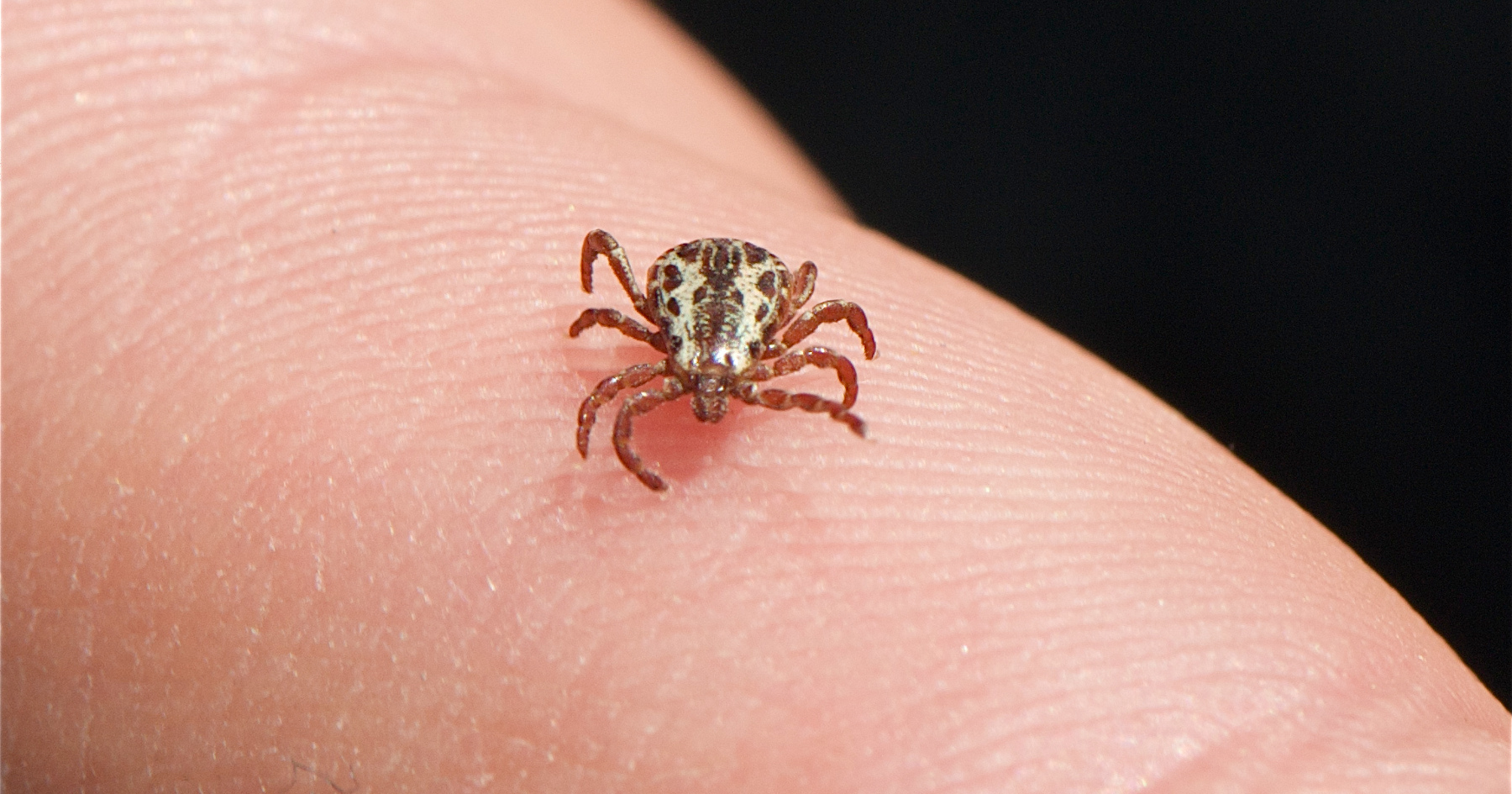Ontario’s measles outbreak, which sickened more than 2,300 people over the course of nearly a year, highlighted the consequences of declining vaccination rates and led to the death of a newborn, has been declared over.
Public Health Ontario and the province’s top doctor said Thursday the outbreak ended on Monday because it had been 46 days since any new reported cases — twice the maximum incubation period for measles.
“In Ontario, the last confirmed case developed a rash on August 21, 2025, following several months of steadily declining case numbers,” Dr. Kieran Moore, the province’s chief medical officer of health, said in an emailed statement.
Comments closed
